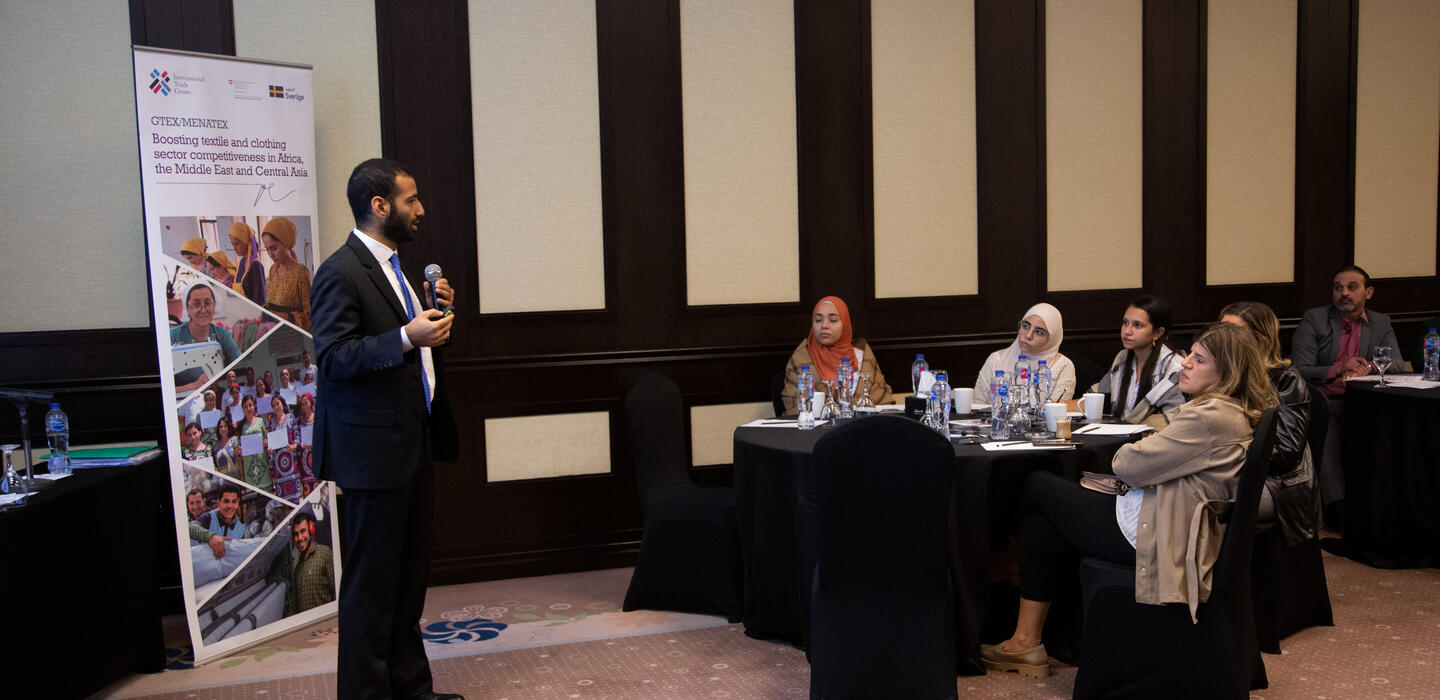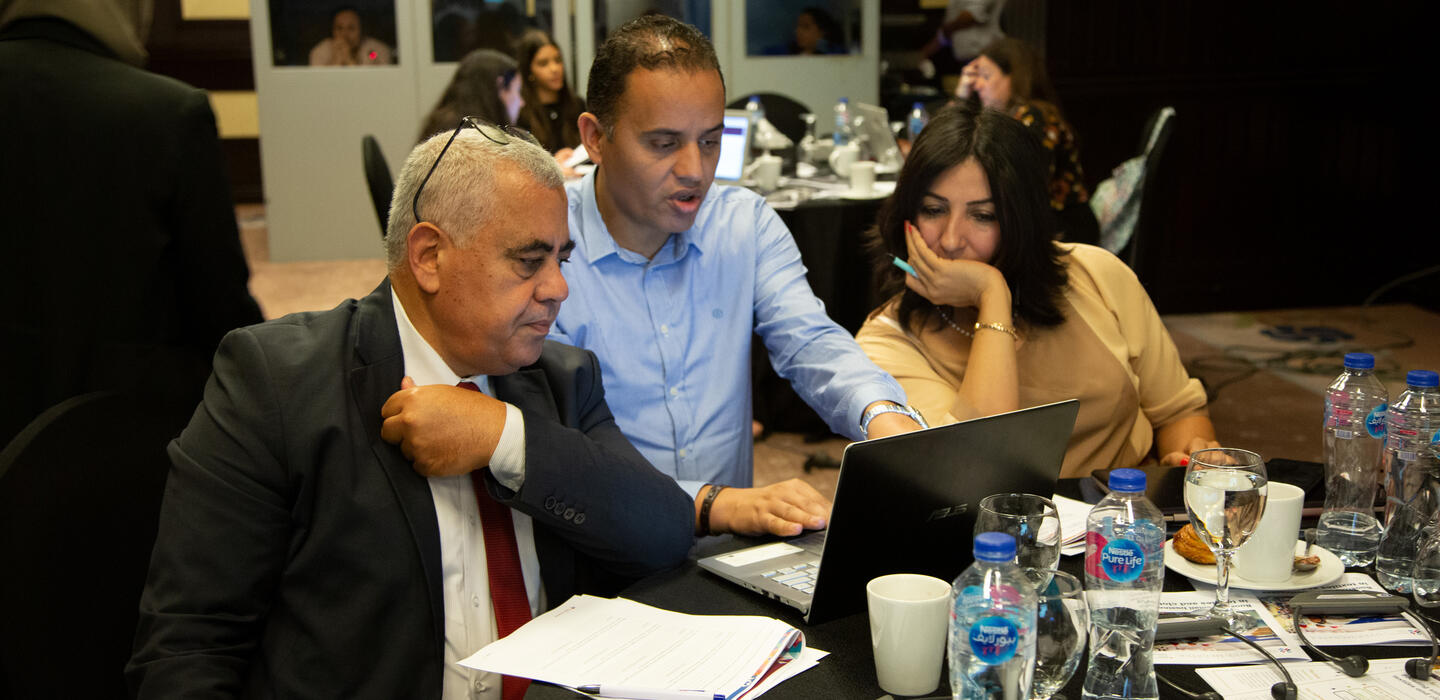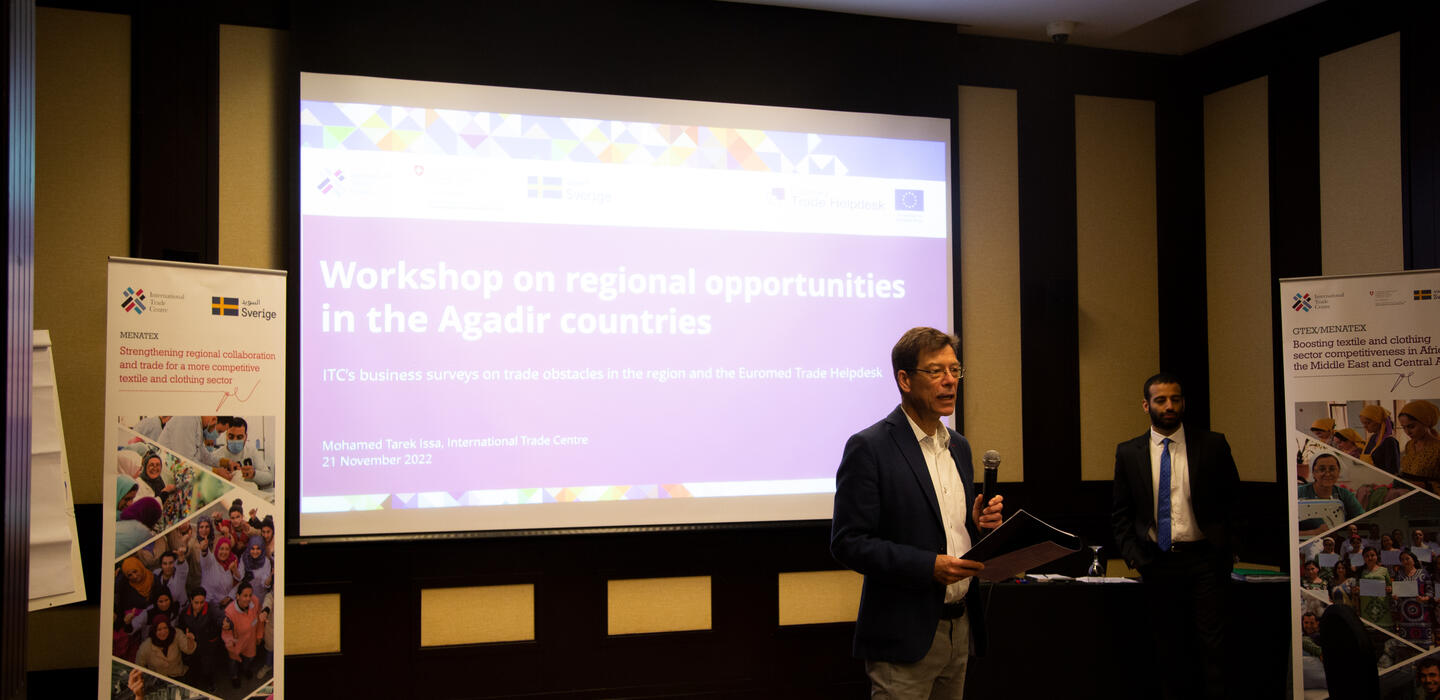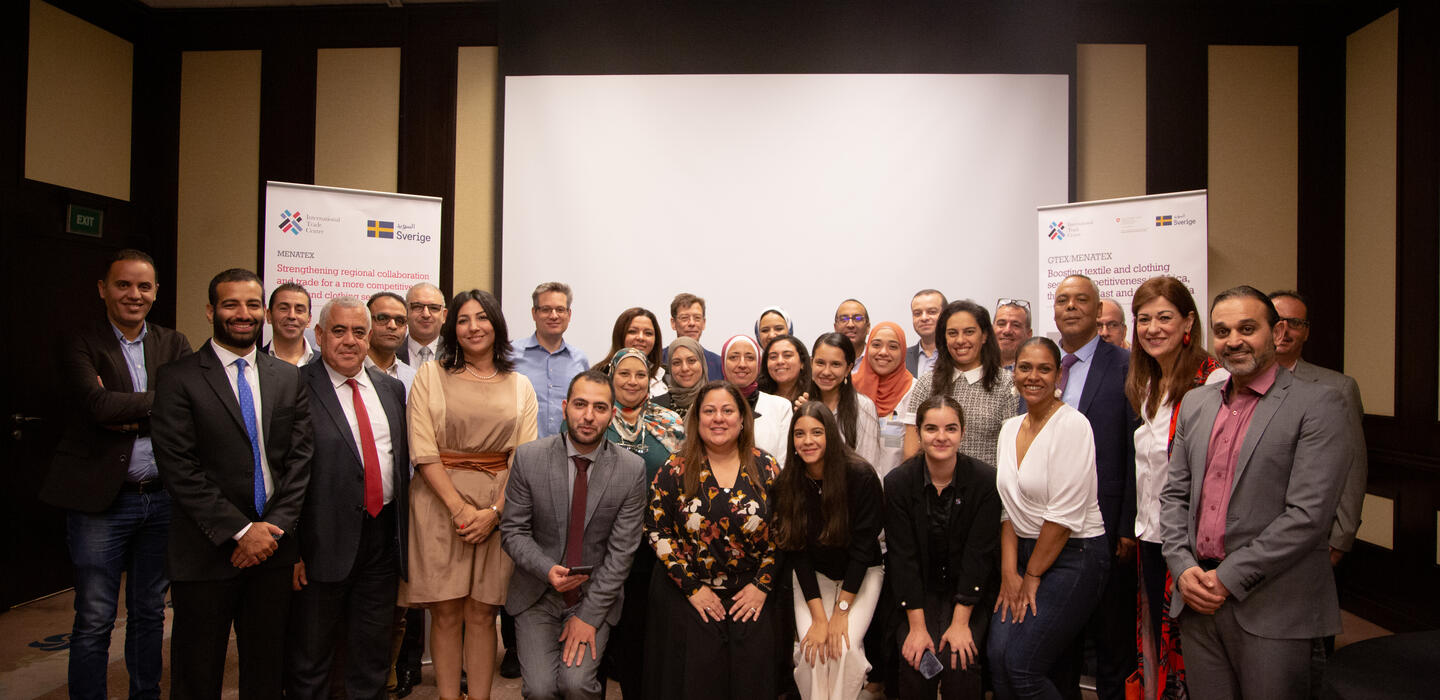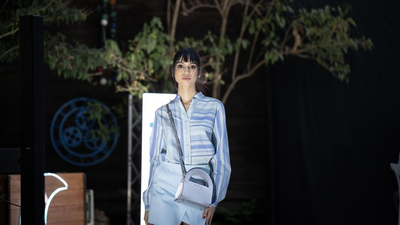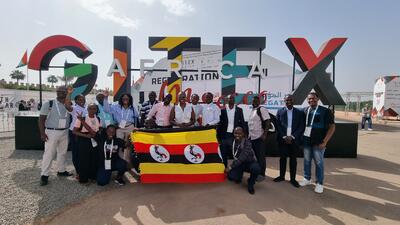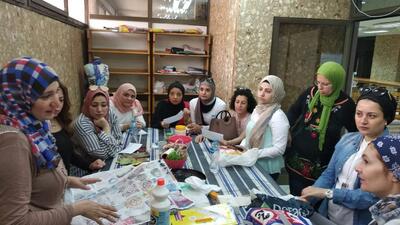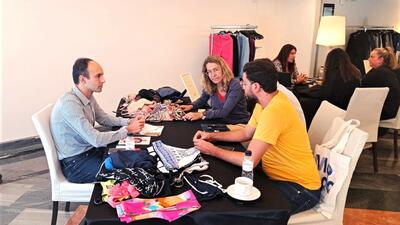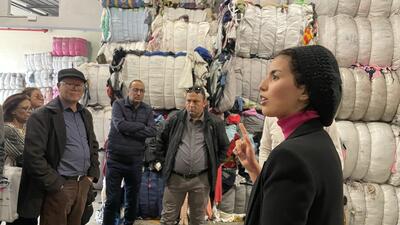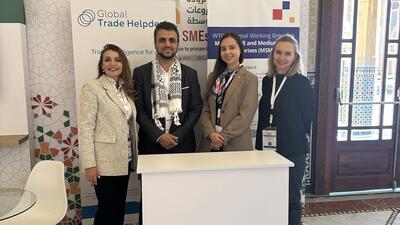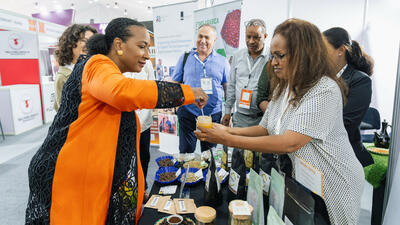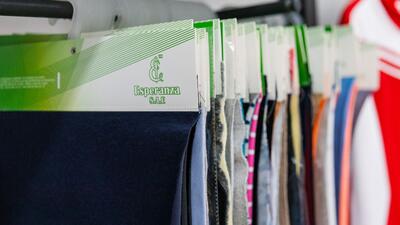
How to boost textile trade across Middle East, North Africa
Online tools can help countries in the Agadir free trade bloc grow their textile and clothing businesses, with better cooperation across the region
Better cooperation among the textile and clothing sector can help Egypt, Jordan, Morocco and Tunisia harness new business opportunities. But to do that, the countries need to cooperate to lower trade barriers, using data to inform their decisions.
On the sidelines of Destination Africa, the continent’s largest textile and clothing trade fair, the International Trade Centre (ITC) brought together industry, government, and business support institutions from the four countries. During the one-day workshop on 21 November in Cairo, ITC presented the preliminary findings of a business survey conducted by its Trade Market Intelligence team. The results centered on how to strengthen business opportunities and cooperation within Agadir to ease restrictions and boost trade.
Under ITC, the Global Textile and Clothing Programme in the Middle East and North Africa (GTEX/MENATEX) led the workshop to explore how to promote North Africa as a global supplier of clothing and textiles.
Regional meetings like this one give an opportunity to share knowledge within the sector, to identify better sourcing and market linkages, and to collectively promote Agadir to non-members.
During the workshop, ITC showed how to identify intra-regional trade opportunities by using the ITC Market Analysis Tools, and the Euromed Trade Helpdesk. The Helpdesk provides trade insights for 10 Mediterranean countries and 27 EU member states.
The training helped participants register on the platform, learn from live demonstrations and exercises, as well as understand how to use the latest version of the online tool.
“A live demonstration of the Euromed Trade Helpdesk showed valuable trade-related information that could help improve transparency in the region,” said Mohamed Tared Issa, an ITC officer who researches trade barriers.
“It was a real pleasure presenting the preliminary findings of ITC’s business survey on trade obstacles in the Agadir countries,” he said. “The one-day training fostered lively discussions on how to overcome the identified challenges hindering regional integration."
Ihab Qadri, the incoming director of the Textile and Clothing Syndicate in Jordan, said during the workshop he connected with regional peers and gain a better understanding of how to cooperate with each country more effectively.
The dialogue revealed the untapped potential for regional market linkages and business exchanges, as well as for the exchange of technical knowledge.
The programme facilitated a link-up between Egypt’s Fashion and Design Center (FDC) and Jordan’s Garment Design and Training Services Center (GSC) to explore possible collaboration. A trade mission from Jordan to Egypt also connected small businesses from the two countries.
About the programme
The Global Textiles and Clothing Programme (GTEX) supports small businesses and business support organizations working in the textile and clothing industry in developing countries to increase their export competitiveness.
The GTEX programme is funded by the State Secretariat for Economic Affairs (SECO) of the Swiss Confederation and focuses on five priority countries (Egypt, Morocco, Kyrgyzstan, Tajikistan and Tunisia).




